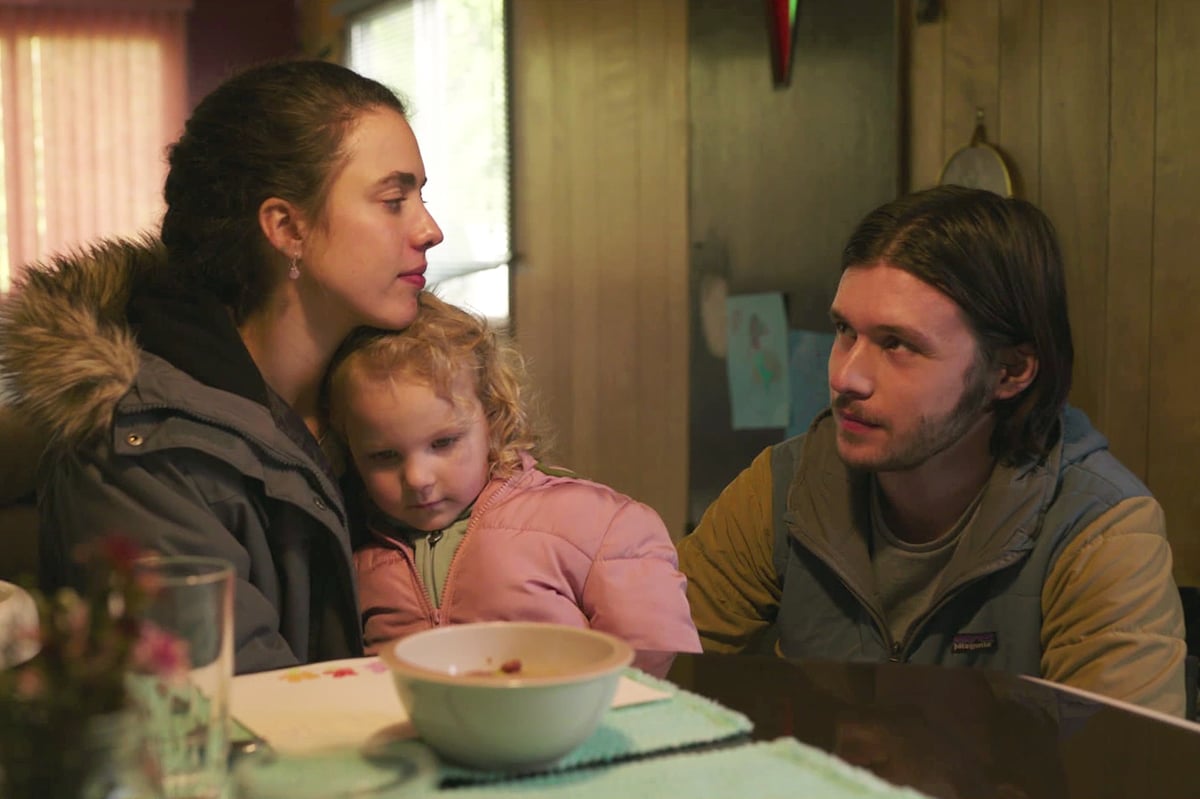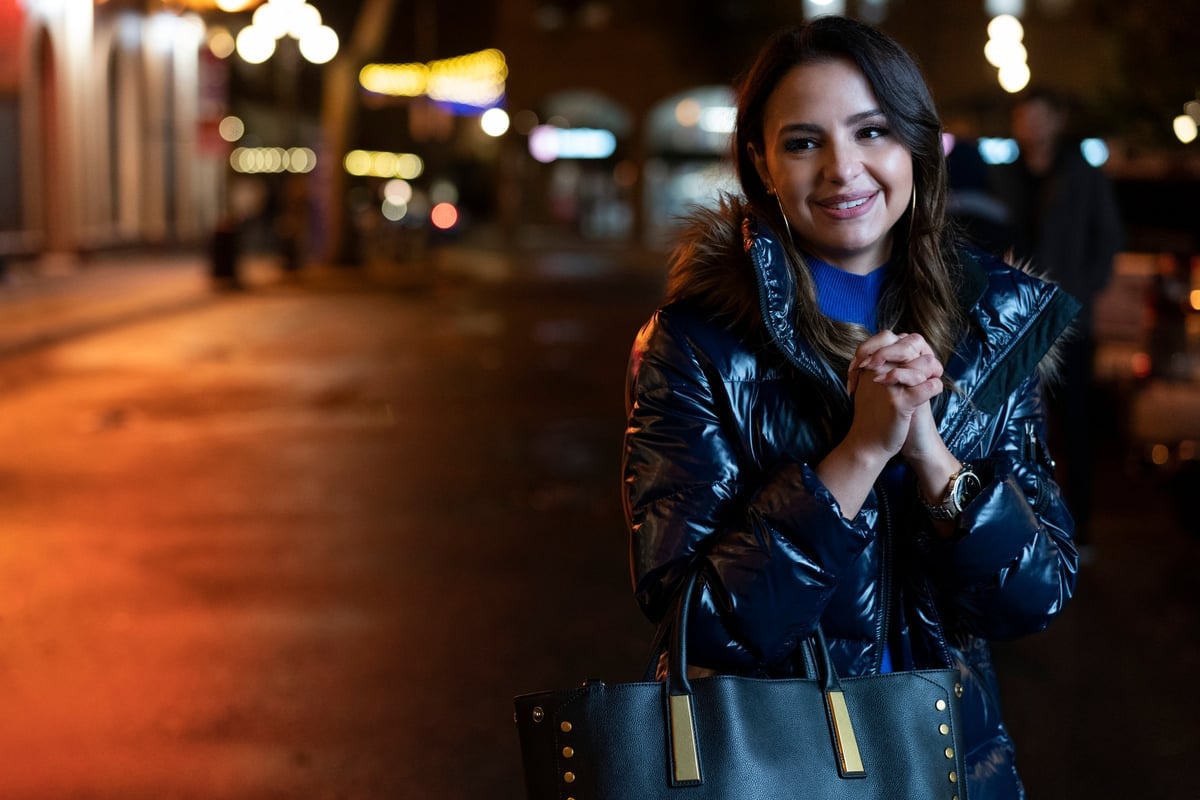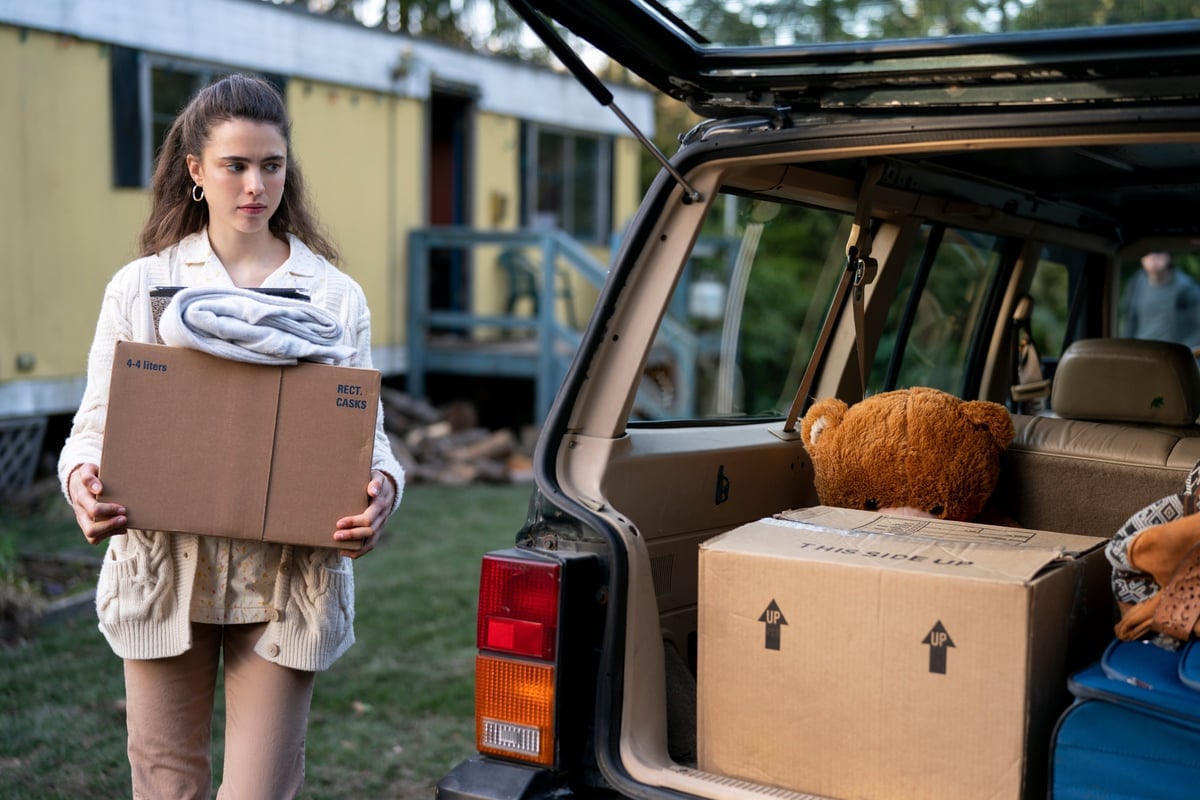
This post discusses abusive relationships and may be triggering for some readers.
In therapy, I believe it’s commonly referred to as a breakthrough.
I’ve just finished watching the limited series Maid on Netflix about young mother Alex, (played by Margaret Qualley) and her struggle to flee an abusive partner - and it’s made me realise that my previous relationship was emotionally and financially abusive.
I mean, it wasn’t like I was completely in denial, but for a long time I refused to lump myself into the same category as women who are often portrayed on screen as domestic violence victims. I’m university educated, I have a great job and I don’t come from a broken home. I was raised in what many would consider middle-class privilege. But my relationship was exactly like the one portrayed on screen; some of the dialogue was almost verbatim.
Watch Women And Violence: The Hidden Numbers. We lose one woman every week in Australia to domestic violence, but that's just the tip of a very grim iceberg. Post continues after video.
We split up several years ago, and although I felt broken at the time, the overwhelming feeling was relief.




Top Comments